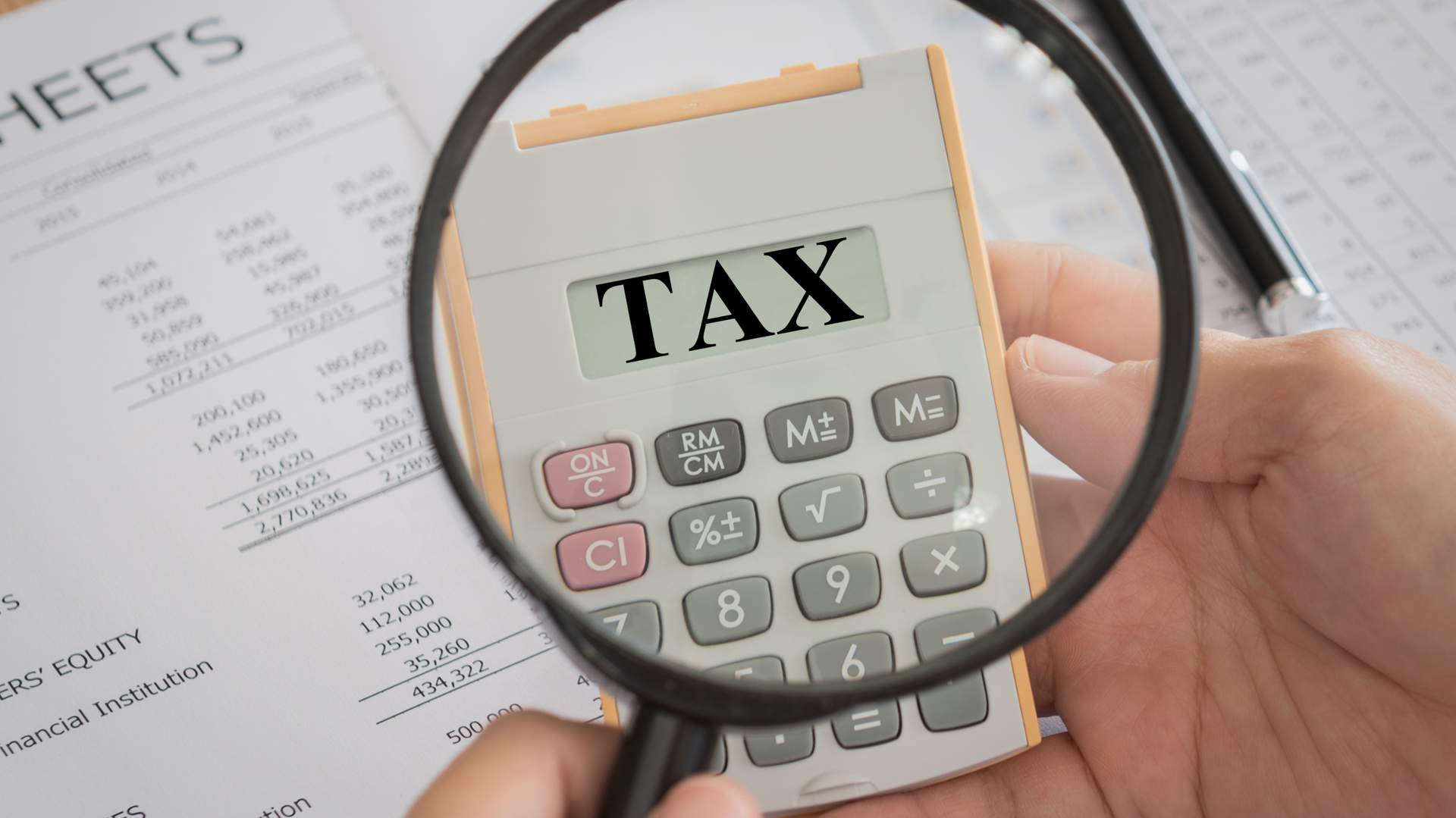The Short-Term Rental Tax Loophole
The Short-Term Rental Tax Loophole: What Investors Need to Know

Understanding the Short-Term Rental Tax Loophole
According to IRS Section 469, if your short-term rental property has an average stay of seven days or less, it is not treated as a traditional rental activity but rather as a business activity. This classification allows income and expenses related to the property to be treated as active rather than passive.
Originally designed for hotels and similar businesses, Treasury Regulation Sec. 1.469-1T(e)(3)(ii)(A) identifies six exceptions to rental activity classifications. The exception stating "The average period of customer use for such property is seven days or less" directly applies to many Airbnb and VRBO properties.
Because of this, short-term rental investors do not need to meet the stricter requirements of real estate professional status. Instead, they only need to demonstrate material participation in managing the property to reclassify their losses as non-passive.
Material Participation Tests for the Short-Term Rental Tax Loophole
Qualifying for material participation is the key to unlocking this tax advantage. High-income professionals often cannot meet REPS, but they can meet one of the IRS material participation tests for short-term rentals, allowing losses to offset earned income.
The following tests measure your involvement in your rental property:
- Spend more than 500 hours actively managing the rental.
- Do substantially all the work related to the rental.
- Spend over 100 hours with no one else contributing more time than you.
- Engage in significant participation for over 100 hours, with total significant activities exceeding 500 hours.
- Participate for five of the last 10 taxable years.
- Participate for three prior years in personal service activities.
- Demonstrate consistent, provable involvement exceeding 100 hours annually.
Most investors qualify by meeting one of the first three criteria. Once qualified, rental property losses become non-passive and can offset other income.
Depreciation: Maximizing Tax Benefits on Your Property
Depreciation is a powerful tool for reducing taxes, and a cost segregation study can accelerate these deductions significantly.
- A cost segregation study breaks down the property into components with shorter useful lives (5, 7, or 15 years) instead of the standard 39 years.
- This allows investors to claim larger deductions in the early years of ownership.
Why Depreciation Matters
For example, a $1 million property might have $200,000 to $300,000 of assets eligible for faster depreciation. This creates substantial upfront deductions that can be used to offset active income.
Bonus Depreciation Is Phasing Out
The Tax Cuts and Jobs Act allowed 100% bonus depreciation starting in 2018, but this is being reduced:
- 2023: 80%
- 2024: 60%
- 2025: 40%
- 2026: 20%
- 2027: 0%
Even as bonus depreciation phases out, accelerated depreciation through cost segregation remains a valuable part of a long-term tax strategy.
How to Minimize Taxes on Your Short-Term Rentals
There are several practical ways to reduce taxes on your rental properties:
- Keep detailed records of all expenses, including maintenance, utilities, supplies, insurance, management, and marketing.
- Use depreciation to deduct the declining value of appliances, furnishings, and improvements.
- Document all business-related expenses, including a home office, if applicable.
Work with a CPA experienced in short-term rental tax planning to ensure full compliance and optimization.
Frequently Asked Tax Questions for Short-Term Rentals
How can I minimize taxes on my rental property?
By meeting material participation tests and leveraging depreciation, investors can significantly reduce taxable income.
What is the short-term rental tax loophole?
It allows investors to treat income as active and deduct losses against earned income if they materially participate.
Is owning a short-term rental a good tax strategy?
Yes, with proper planning, it can offer substantial tax deductions and long-term savings.
Will the IRS know about my Airbnb income?
Yes. Platforms like Airbnb report income to the IRS through 1099-K forms.
Final Thoughts on Short-Term Rental Tax Strategies
The short-term rental tax loophole provides real estate investors with an excellent opportunity to minimize taxes while growing wealth.
By understanding the rules, qualifying through material participation, and working with tax professionals, investors can maximize the financial benefits of owning short-term rental properties.





